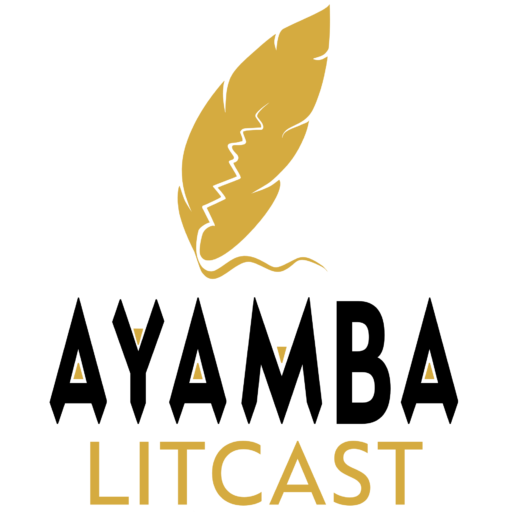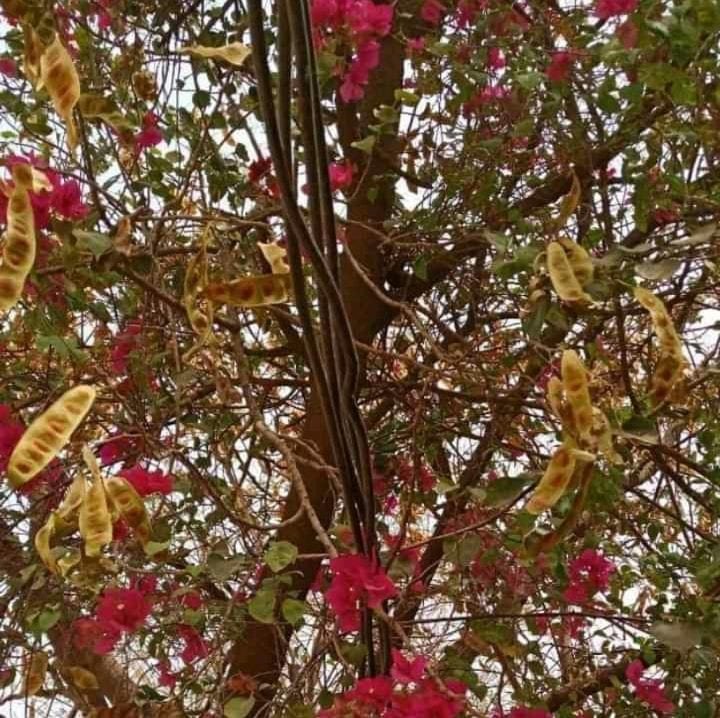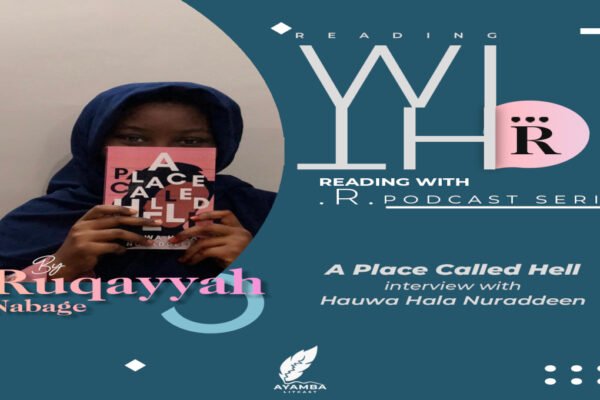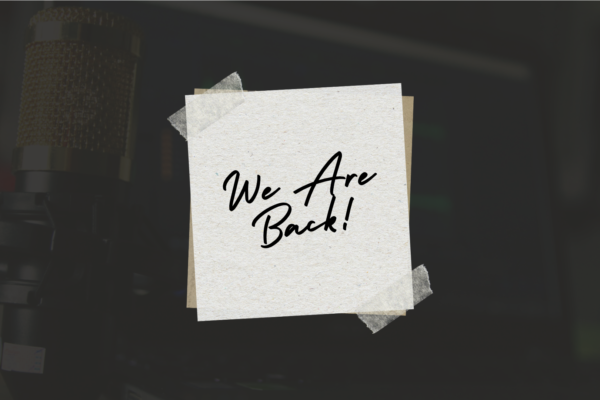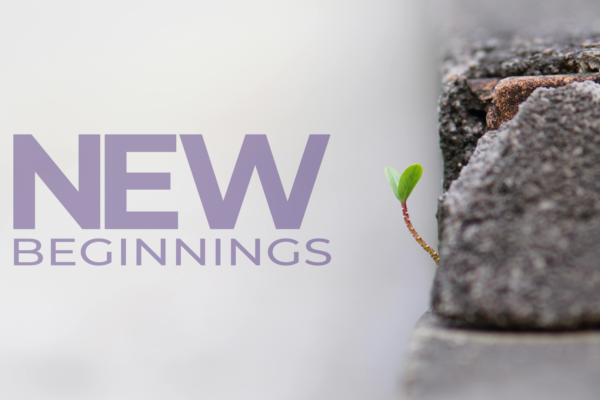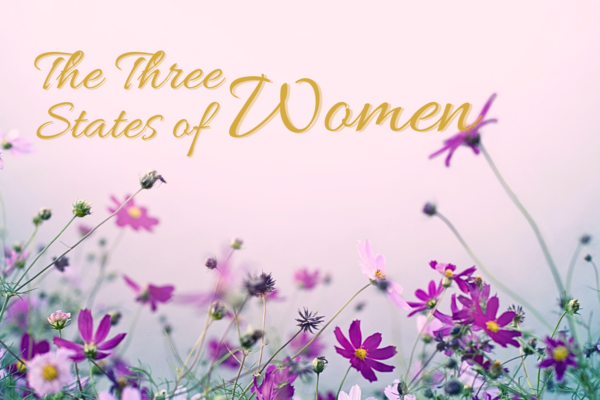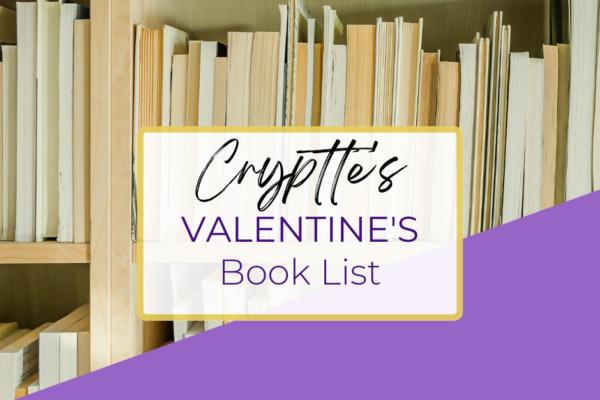Hauwa Shaffii Nuhu in conversation with Ajibola Tolase
This interview was conducted in March, 2019.
Who are the members of the international Poetry regulation board and what are they teaching us?
Ayamba: First of all, what led you to poetry?
Ajibola Tolase: Love. I was always searching for love and surprisingly, poetry is always calling for love. As easy as that, I was sold.
Ayamba: In my experience, the thing that leads you to poetry is very often no longer the thing that keeps you in it. Is that your experience too? If so, what has kept you in it for this long? And how long is “this long”?
Tolase: On how long is this long, I don’t remember now. I remember I pretended to write songs in 2009 or 2010 because it wasn’t cool to be a poet in my social circle then. What has kept me in poetry is the experience of lives that interact with poetry; it’s purely magical. I see this every day, yet I’m surprised by the ability of poetry with its extraordinary brevity to connect with readers in a way that is so unmechanical. The poets of this world have made it a more comfortable place to live in.
Ayamba: You put it so well. I go as far as believing that it’s only in poetry that we can find a hitherto lost hope in humanity. That we can find the fabric that binds us all. Do you believe that poetry could save lives?
Tolase: Poetry brings its reader to a community of equals. One can imagine this community as a support group. Poetry could be the light in ones darkest hour.
Ayamba: True. Let’s move now to the composition of poetry. Do you think any one thing determines the success of a poem? If so, what?
Tolase: By success, do you mean the completeness of a poem, or the sense of it?
Ayamba: Both actually. Or simply, what makes a poem?
Tolase: The success of a poem is dependent on the disposition of its author to unbind the poem from the confines of his ideas, however brilliant. Poems, ordinarily, are nonconformists to the dictatorship of their writers. What comes to mind is a poem by Kei Miller, if this short poem stretches, in which the poem is claimed to have become “something its author did not intend/ for it to become”. I often think of poems as eels, or birds; evocative and autonomous. Who dictates the songs of the birds? A poem should sing its own song.
Ayamba: Beautiful and true. And now I want to talk about metaphors. I love metaphors, I believe in them. But I’m increasingly coming to the slow conclusion that metaphors do not necessarily make a poem. Do you think a poem could afford to do away with metaphors?
Tolase: I am unaware, I didn’t get the memo, that some nonexistent International Poetry Regulation Board updated the rules of writing poetry to include or exclude metaphors as a requirement to qualify a piece of writing as poetry. There’s a wide spectrum of what is accepted as poetry, so long a piece of writing stays within range, and if it chooses not to, it could still be poetry.
Ayamba: Lol. Regardless of what this nonexistent poetry regulation board thinks though, what constitutes “the range” for you?
Tolase: Surprise. That pretty much sums it up. I like poetry that surprises. I don’t think I particularly like a kind of poetry because I am constantly learning, and I see new things every time.
A poem should sing its own song.
Ayamba: Which poets (or perhaps books of poetry) have you found this element in? I guess I’m asking for recommendations on behalf of readers.
Tolase: These books of essays about poetry are about the best I have read.
Richard Hugo’s Triggering Town
Mary Oliver’s A Poetry Handbook
Carl Phillips’ The Art of Daring: Risk, Restlessness, Imagination
Mary Oliver’s Upstream
Charles Simic’s The Life of Images
For poems, I go to different places: Poetry Foundation, Poetry Society (UK), American Poetry Review, Kenyon Review Online, African Poetry Book Fund and Next Generation Poets. I have met my favourite poets in these publications.
Ayamba: Beautiful list; especially the Carl Phillips book. Thank you for the recommendation. Now, there’s a debate on the need for one to retain their identity when writing. What are your thoughts on this?
Tolase: The question of identity is a complex one, globally, and there’s this scramble to reduce a group or another. This, I think, necessitates the need for writers to bring their identities into their art. Writing, after all, can be political.
Ayamba: Yet, the scramble to reduce writers to a certain group or box almost always seeks the identity of said writer as a basis. Perhaps this is why some writers would refuse tags such as Nigerian Writer, or African Writer, or etc etc. How do you think writers could break free of the boxes others try to trap or reduce their art into?
Tolase: What do these tags mean, really? What makes an African writer any different from a Caribbean writer? Okay, it’s easy to say one is African and another is Caribbean, right? What’s the difference between a gay poet and a poet? You don’t ever read bios that say “straight poet” or “European writer”. These tags exist because human politics erases the ‘other’.
While artists might have to break from these boxes, I doubt that their art has to break free from anything. A poem is a poem, human experiences are universal. In a BBC podcast, Achebe spoke of a Woman who had read Things Fall Apart in translation and affirmed the book saved her life. Now, tell me what experience is Okonkwo’s if not human?
Ayamba: Things Fall Apart is as Nigerian as it gets. And yet, it is universal. I suspect all writings are universal, in some way or the other. So the insistence of people to establish these boxes is usually born out of the desire to cage the writer. Which is why even though I believe that no one can tell one’s story better than one, I am wary of people who insist that we write about our homes and the place that we come from in order to avoid other people misrepresenting us. What if I just want to write about magic or abstracts and random stuff? There automatically exists an expectation that I not write about these, because after all, I am an “African writer”.
Thank you so much, Tolase, for doing this with me.
Ajibola Tolase’s works have appeared in Faultline, Prairie Schooner, The Lifted Brow and elsewhere. He works in Ibadan, Nigeria.
The interviewer, Hauwa Nuhu Shaffii has her bio in the members’ profile section.
